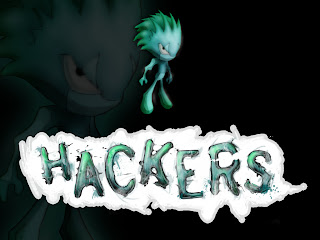There would be many geeks and technical experts out there who might scoff at me when I ask such a question. But then as it would be the case there is also a whopping majority of those who are not so well acquainted with the vagaries of the IT world and are rather keen to get a good understanding of the terminologies and technologies which can make a pivotal difference in their lives. And well in that perspective with all the recent brouhaha surrounding cloud computing I thought why I don’t get cracking on the same concept and the possible implications it holds for avid PC users.
So, just go ahead and read on and get yourself enlightened on the terminology and its bearing on your daily life.
The Internet is ‘the’ platform, so take advantage
As the concept goes cloud computing is a general term for anything which involves delivering hosted services over the Internet. These services are broadly divided into three categories:
· Infrastructure-as-a-Service (IaaS)
Entities such as Amazon Web Services provide Infrastructure-as-a-Service for starting, stopping accessing and configuring virtual servers and storage virtual server instance. In this instance via cloud computing a company is required to pay for only as much capacity it requires and going for more only if the need be. Sometimes this model is also referred to as utility computing because of its pay-for-what-you-use functionality.
· Platform-as-a-Service (PaaS)
Platform-as-a-service in the cloud comprises of software and product development tools hosted on the provider's infrastructure. With developers creating applications on a provider's platform over the Internet, PaaS providers may end up using APIs, website portals or gateway software residing on a customer's PC. Google Apps is a prominent example of PaaS.
· Software-as-a-Service (SaaS)
In this model, the vendor supplies the hardware infrastructure, the software product and interacts with the user through a front-end portal. SaaS is a very broad market. Services can stretch from anything like a Web-based email to inventory control and database processing. And yes with the service provider hosting both application and data, the end user is free to use the service from anywhere.
Cloud computing rules the Roost
Cloud service primarily consists of three distinct characteristics which differentiate it from traditional hosting. What’s more it is sold on demand typically by the minute or the hour and it is also elastic – a user can end up having as much or as little of a service at any given point in time. Better still the service is fully managed by the provider (With the PC user requiring nothing but a personal computer and Internet access). www.pccare247.com
XCDHSTV7K6WH
XCDHSTV7K6WH






